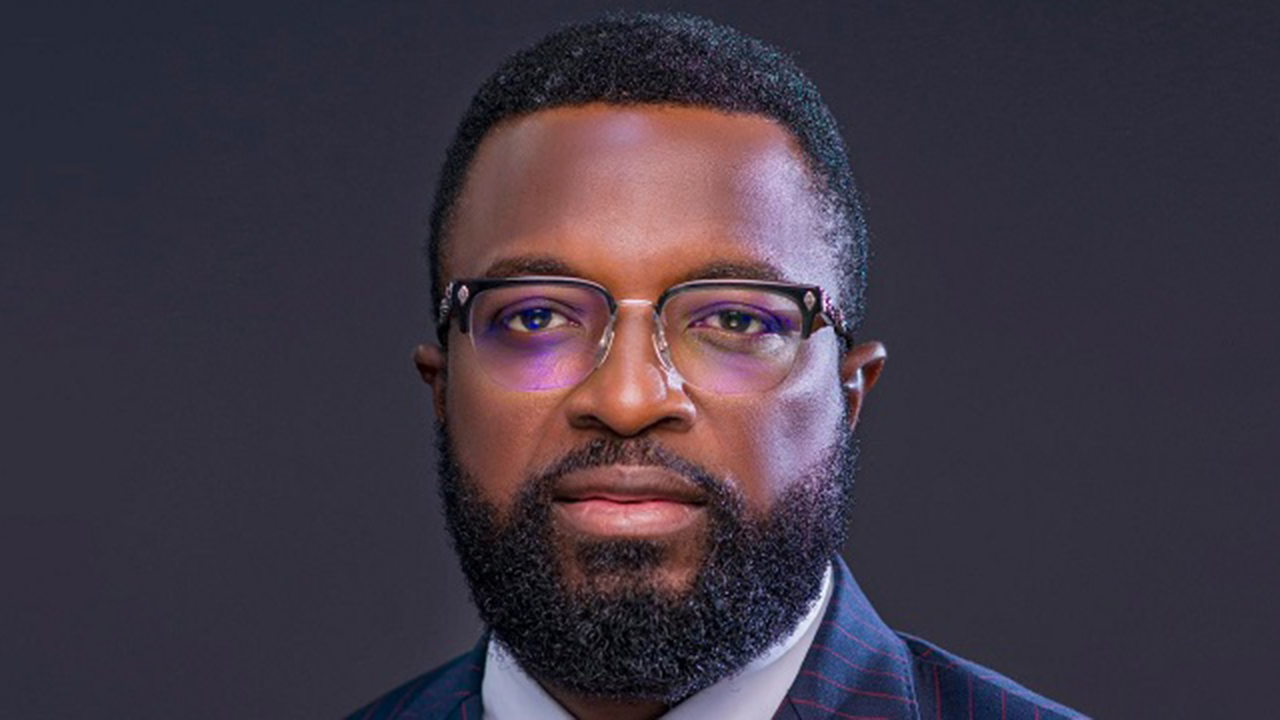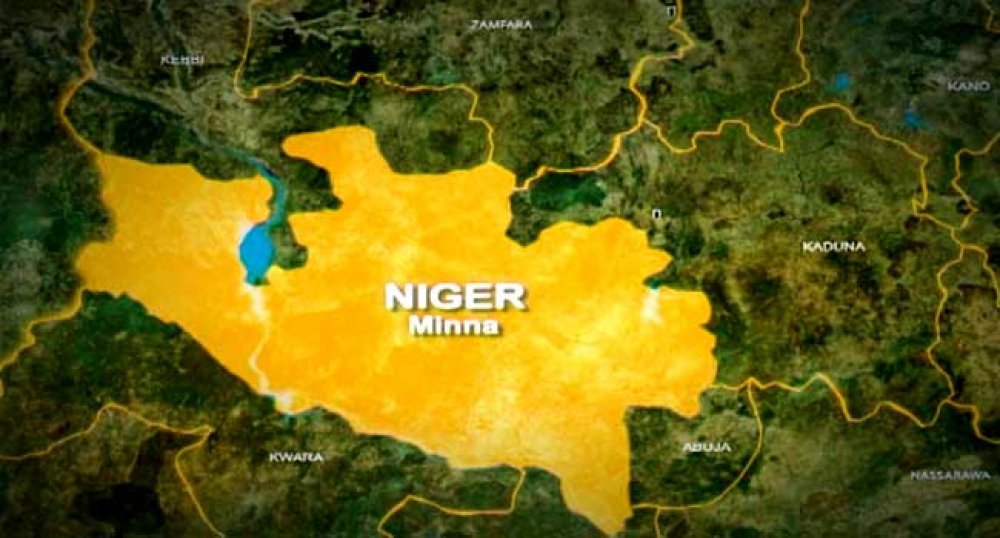President of Brazil, Luiz Inácio Lula da Silva, yesterday offered a sweeping overview of the ongoing negotiations at the United Nations Climate Change Conference (COP30) in Belém, urging world leaders to commit to meaningful emissions reduction pathways.
Joined by the President of the Conference, André Corrêa do Lago, Lula underscored the significance of convening the summit in the Amazon at a moment when global climate governance remained fractured and the world was struggling to meet the Paris Agreement goals.
The President reiterated that nations must assume ambitious targets to curb warming gases, warning that geopolitical hesitations could not derail the urgent trajectory needed to safeguard the planet.
“Everyone must understand their responsibility. That is why we introduced the roadmap. We must show society that we are serious without imposing anything on anyone, without setting deadlines. Each country has the sovereignty to determine what it can do within its timeframe and capacities, but we must show seriousness. We must reduce greenhouse gas emissions,” he emphasised.
He stressed that the Brazilian-led Roadmap seeks concrete global action to reduce the use of fossil fuels at a critical juncture in global emissions planning.
Presenting his own overview of the day’s negotiations, Corrêa do Lago described steady progress across some of the most difficult agenda items. He said the participants were confronting head-on the intersecting challenges of adaptation, climate finance, and the still-evolving Roadmap.
Corrêa do Lago described the scale of public participation as unprecedented and a defining feature of the summit, saying: “Women must be addressed as a gender issue and must be treated with respect in their full participation, because women are not second-class citizens.
It is essential that we, as leaders, learn this. The minimum collaboration we can offer is to pursue innovation, innovation in our behaviour, in our vision of a new society, and in our understanding of what it means to be human on this planet.”
Lula framed climate protection as both a scientific imperative and a geopolitical responsibility. He stressed that climate preservation was inseparable from economic justice and global security.
He insisted that wealthy nations must support poorer ones and accelerate finance to forest-rich regions whose stewardship remains critical. “Caring for the climate requires recognising that wealthy countries need to support poorer countries, and that financial resources must be provided so that those who maintain standing forests can keep them standing, and so people can understand that preserving the forest yields greater benefit than cutting it down.”






